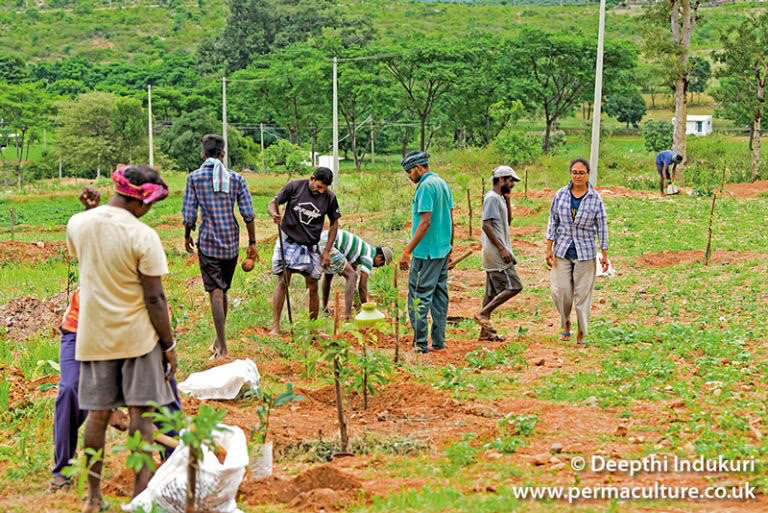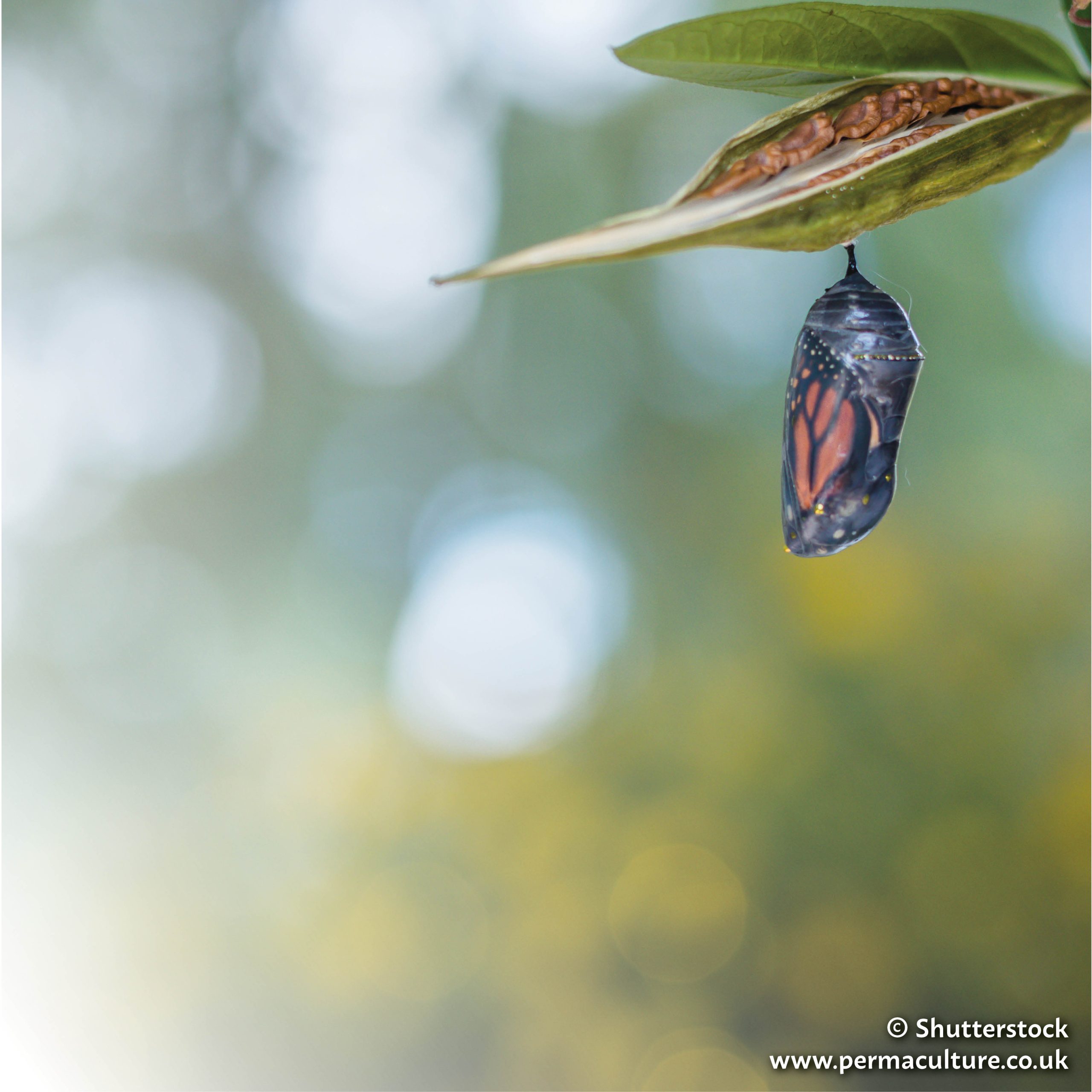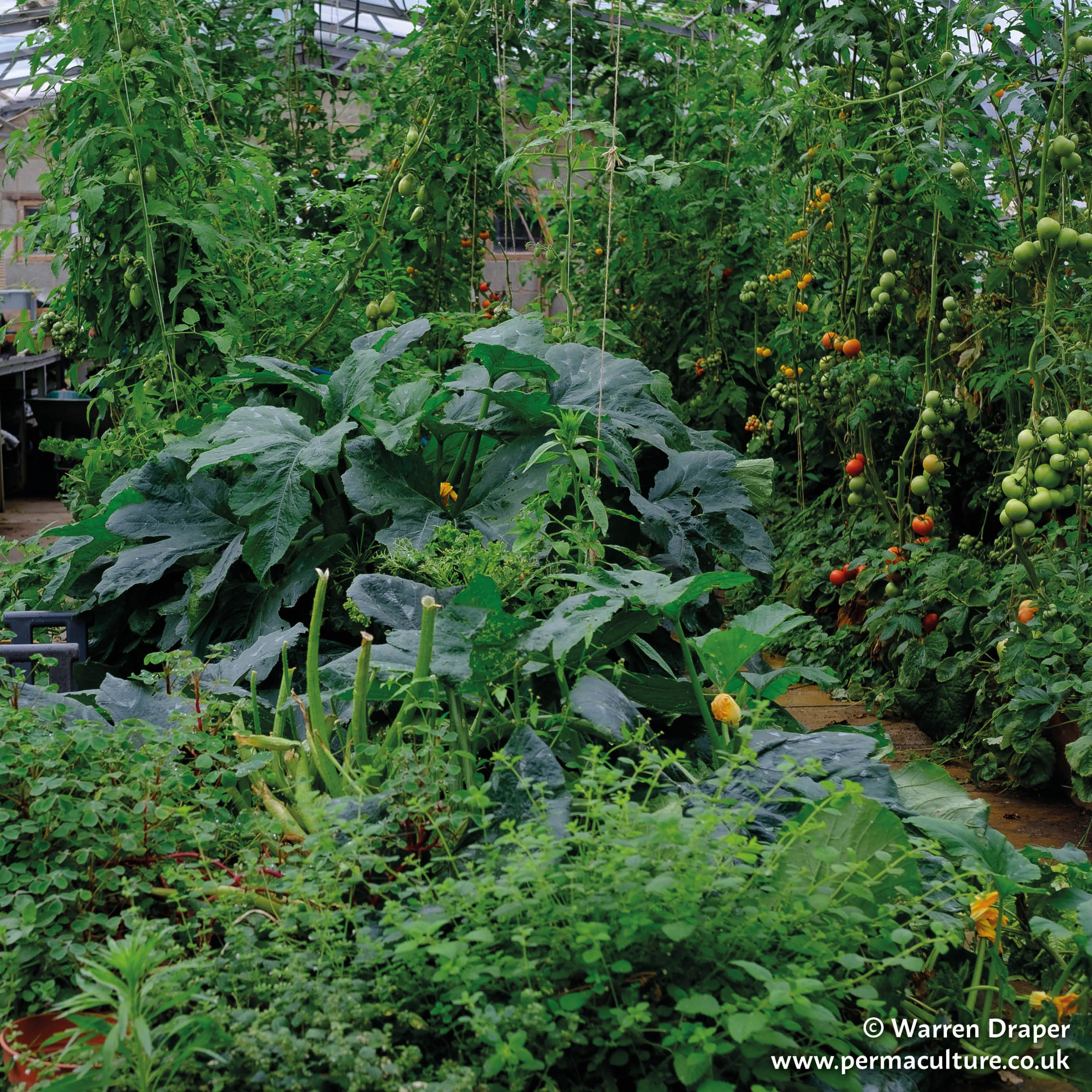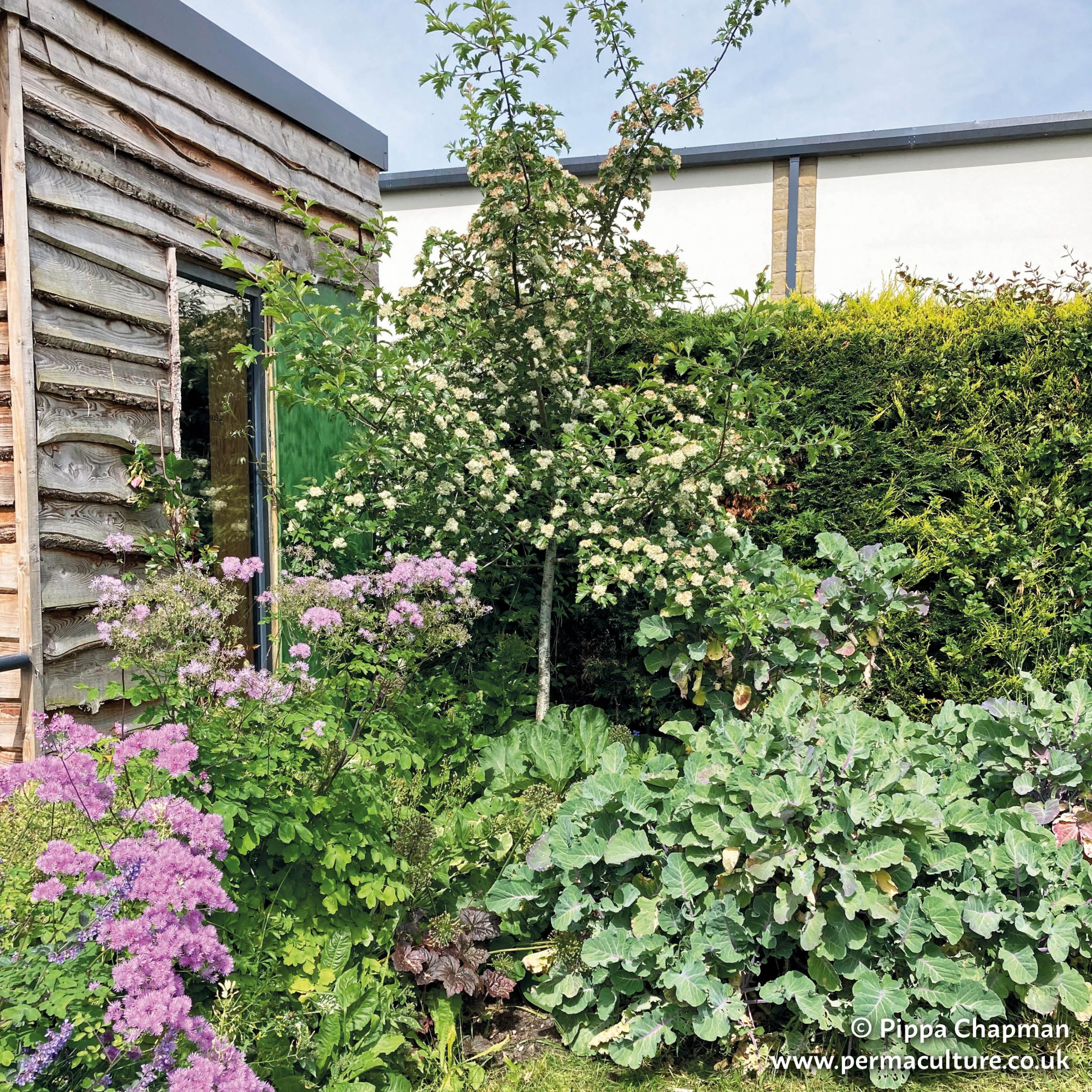Making time to self regulate and accept feedback with what is or isn’t working is key in the natural world. It is how Mother Nature regulates for imbalances that can occur with changes in climate. Whenever one species starts to dominate an ecosystem it’s prey often surges to create an equilibrium. Permaculture is all about a consistent and constant evolution to keep your design relevant to your changing circumstances.
We can apply this lesson to our own circumstances in a number of ways.
Self awareness – We are all influenced by our surroundings. That is how nature works. It’s important to understand if your beliefs, hobbies, views, values, are created by you or the people around you. When we become more self aware we can understand more about why we see the world in a certain way and decide if it is honest. It is perfectly normal to be influenced by others but it is important to have the strength to be an individual and think for ourselves too.
Self reliance – Contrary to society’s beliefs, the natural world does not need a gardener to keep itself healthy and abundant. It can maintain itself indefinitely through design. While we don’t all need to become Ray Mears and run off into the woods and attempt to survive, we can learn a lot from this message. Rather than using money to obtain items and services we can learn to do some ourselves. Grow our own food, fix things when they go wrong, make furniture, pottery or art. We don’t need to do it all, but we should start to be a little more reliant on ourselves. Not only will this will help be more sustainable, but also will provide us satisfaction and therefore happiness from the process.
Community – Can we create more self regulation within our communities? If we spend our money locally and with businesses we agree with and support this will help them grow. By choosing to shop locally this keeps the money in our community which has a higher chance of coming back around and being spent with us. If we look at money as a nutrient, it is much easier to see that how we spend it can directly affect us too. If we spend our money on products that are made unethically it feeds that business and it will grow bigger and stronger and play a bigger more negative role in our ecosystem.
Feedback – Create time to look at all areas of our lives to see what works and what does not. It could be a side project, our income, exercise, friendships, relationships, learning, whatever it is, be open to accept feedback on how it is performing. This doesn’t mean you necessarily need to drop something altogether if it isn’t working. Rather, it can allow us to step back and and find solutions to redesign. We do this so often in the our Permaculture gardens but rarely make time to look at our own lives in this way.
Designing Your Life with Permaculture: 3. Obtain a Yield
Design Your Life With Permaculture: 5. Use and Value Renewable Resources and Services
Josh Davis is an outdoor educator and facilitator exploring ways we can learn from the natural world. He offers one on one coaching and consulting to help design your life from permaculture.




